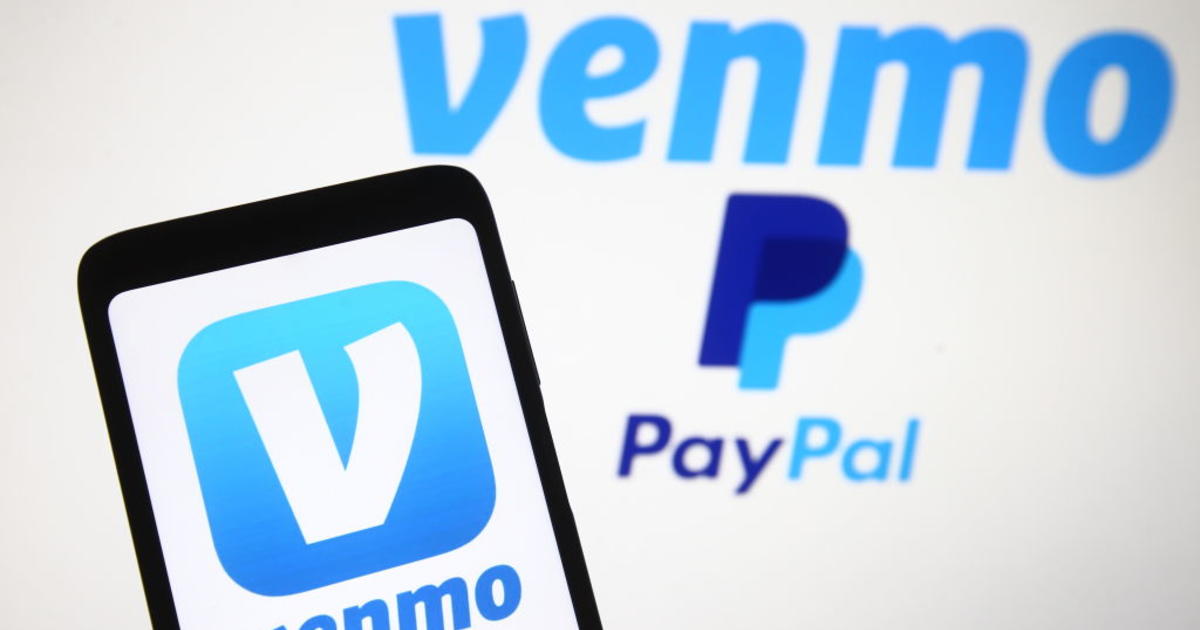Government regulators said Thursday that people who keep cash with payment tools like Cash App, PayPal and Venmo are at risk of losing their money in a crisis because the funds are not protected by federal deposit insurance.
The warning follows the recent failure of Silicon Valley Bank, Signature Bank and First Republic Bank, which collapsed after panicked depositors withdrew their funds.
The Federal Deposit Insurance Corporation and National Credit Union Administration insure up to $250,000 in a bank account, but funds stored with a nonbank payment app may not be held at a lender that offers such protection, the Consumer Financial Protection Bureau (CFPB) said in an advisory.
The upshot: If a payment service suddenly folds, any consumer funds stored on the app could vaporize.
“Popular digital payment apps are increasingly used as substitutes for a traditional bank or credit union account but lack the same protections to ensure that funds are safe,” CFPB Director Rohit Chopra said in a statement.
The financial watchdog advised consumers to transfer any funds stored on a payment app to an insured bank or credit union.
Some payment apps claim to offer what is known as “pass-through insurance” on customer funds through an arrangement with a bank or credit union. Yet while that coverage offers protection if a lender fails, it doesn’t insure the customer if the app fails, the agency said.
PayPal, which owns Venmo, and Square, owner of Cash App, did not immediately respond to requests for comment.
Millions of Americans have adopted payment apps as a convenient way to buy goods and services, make payments, and transfer and store funds. Roughly 85% of consumers aged 18 to 29 have used the apps, while last year consumers conducted $893 billion worth of business using the services, according to the CFPB. Venmo has more than 90 million customers and recently announced it was going to allow parents to create accounts for their teenage children.
“When users of these digital apps receive payments, the funds are not usually swept automatically to the recipient’s linked bank or credit union account,” the agency said. “Instead, companies hold and invest the funds. These activities are not typically subjected to the same oversight that an insured bank or credit union faces.”
The Associated Press contributed to this report.
Stay connected with us on social media platform for instant update click here to join our Twitter, & Facebook
We are now on Telegram. Click here to join our channel (@TechiUpdate) and stay updated with the latest Technology headlines.
For all the latest Education News Click Here

